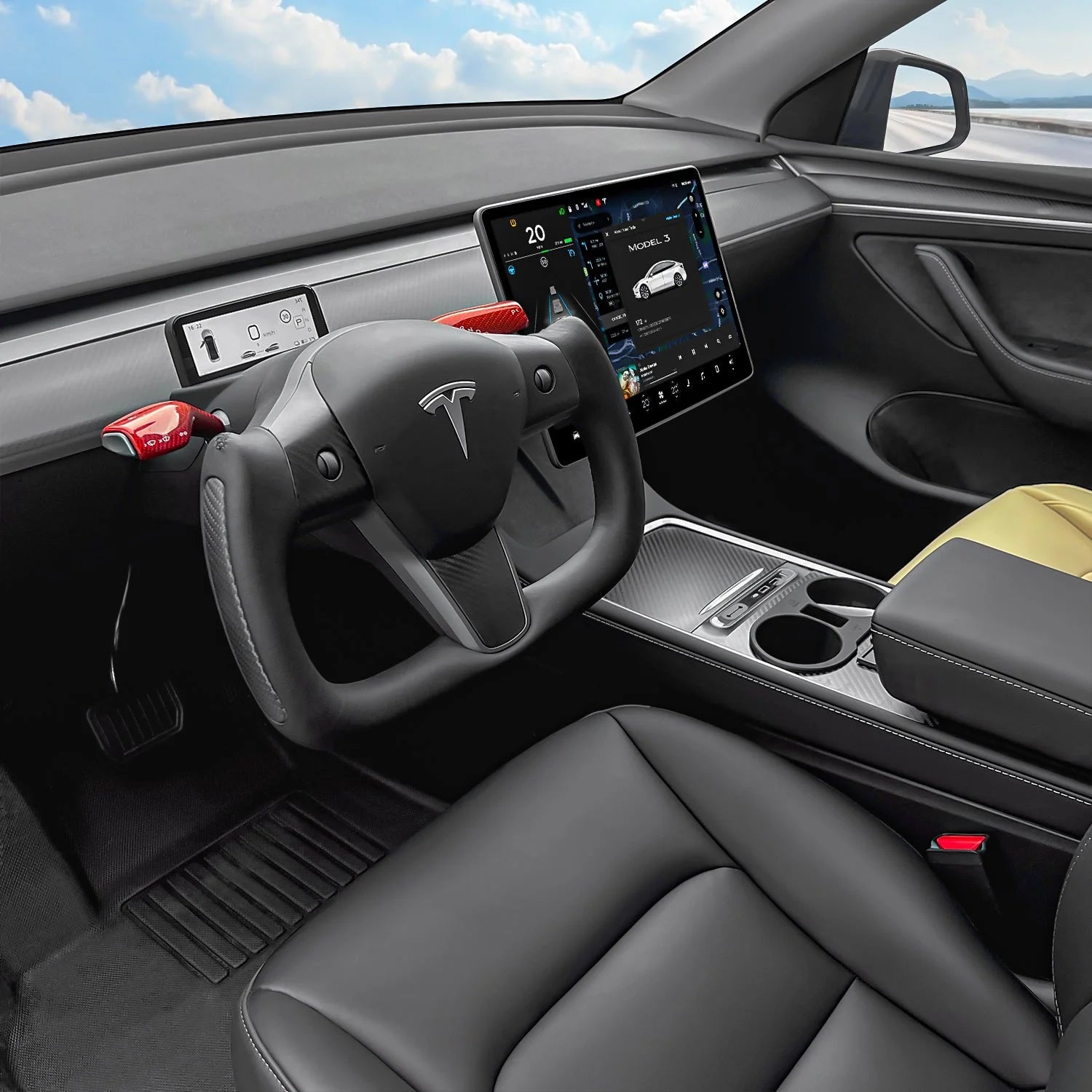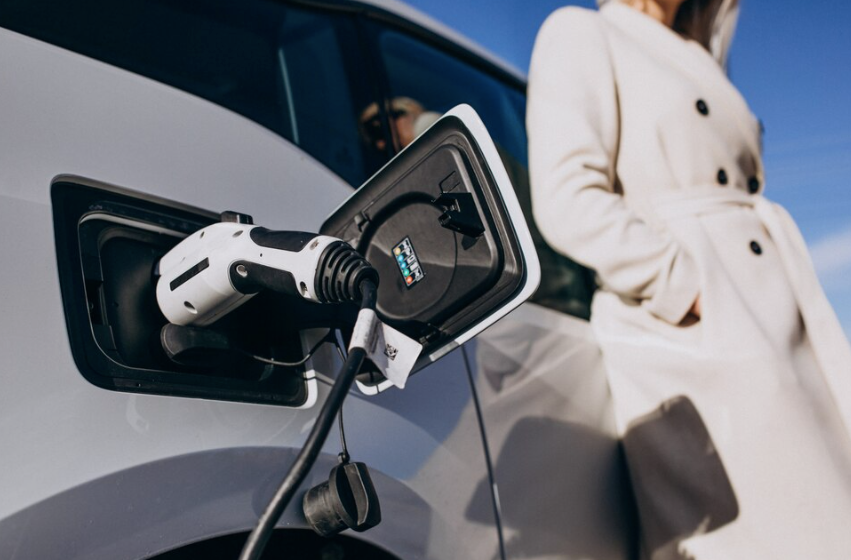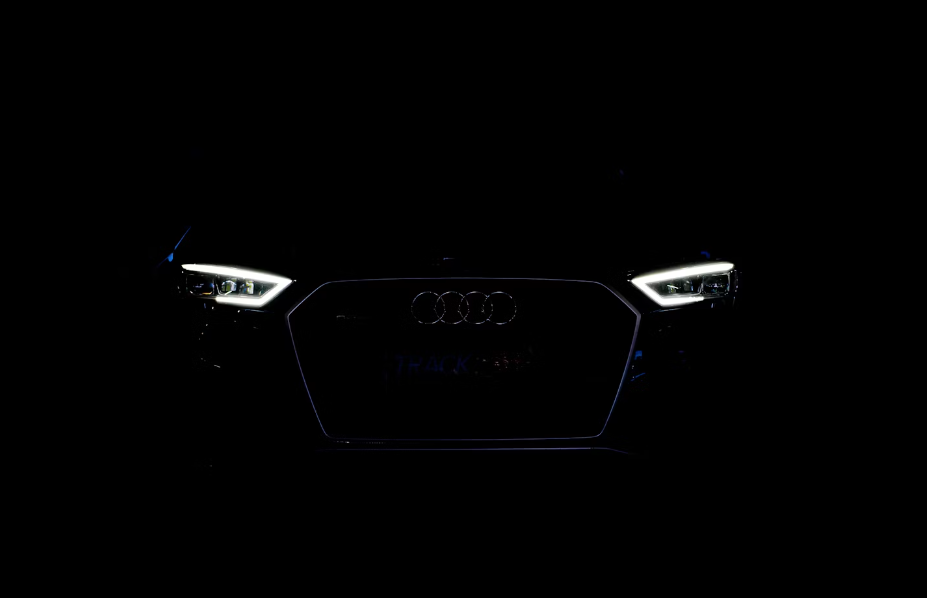¿Tiene dudas sobre los cables de carga para vehículos eléctricos? La disponibilidad de cables de carga para vehículos eléctricos en el mercado hace que sea aún más confuso a la hora de seleccionar el cable adecuado.
Acabas de entrar en el problema habitual: prepararte para usar tu vehículo eléctrico, pero la cuestión de cómo cargar un coche eléctrico en casa es algo que confunde a la mayoría de las personas. ¡No te preocupes! El presente artículo está dedicado a ayudarte con los matices de la elección del cable de carga para vehículos eléctricos en casa adecuado.
Ya sea que desee saber cuál es la mejor longitud de cable para el lugar donde estaciona su automóvil o simplemente ahorrar algunas libras con un Cable tipo 2 a tipo 2Tenemos las respuestas. Así que prepárate para lo mejor.
¿Cómo elegir un cable de carga para vehículos eléctricos en casa?
Bueno, antes de decirte si necesitarás cables EV tipo 2 o no, es mejor saber cómo puedes elegir el cable perfecto. Cable de carga para vehículos eléctricos en casa que satisfaga sus necesidades.
Esta decisión afectará drásticamente la experiencia de carga de su vehículo eléctrico, incluida su velocidad de carga y también la comodidad del usuario al enchufarlo en casa.
A continuación se indican algunos aspectos a tener en cuenta:
· Tipos de conectores
En primer lugar, debes conocer los tipos de conectores que existen. El tipo de conector que necesita tu vehículo eléctrico varía según la marca del vehículo.
Por ejemplo, aunque también existen otros estándares como el Tipo 1, especialmente en modelos más antiguos o en otras regiones, la mayoría de los autos eléctricos modernos utilizan un conector Tipo 2 en Europa. La compatibilidad entre su auto y el cable de carga es muy importante.
· Longitud del cable
Otro aspecto a tener en cuenta es la longitud del cable de carga. Debe ser lo suficientemente largo como para que llegue al vehículo eléctrico desde el puerto de carga sin que el cable quede tenso.
Piense en dónde se estacionará el vehículo eléctrico en relación con la estación de carga. Un cable más largo brinda más flexibilidad, pero puede resultar más complicado guardarlo.
· Velocidad de carga
La velocidad de carga dependerá de la capacidad del cable y de la capacidad de carga de su vehículo eléctrico. Busque un cable que coincida o supere la velocidad de carga máxima de su vehículo.
Dicho esto, un cable con una mayor capacidad tampoco dañará tu coche, ya que el vehículo eléctrico solo consume la energía que necesita. Pero debe ser un cable con las especificaciones correctas para que no pagues de más por un cable que podrías conseguir más barato en otro lugar. Ten en cuenta que la mayoría de los vehículos pueden cargarse con hasta 11 kW.
· Resistencia a la intemperie
Utilice un cable de buena calidad que pueda soportar las inclemencias del tiempo si la estación de carga está prevista para el exterior. Asegúrese de que tenga clasificación para exteriores y un buen aislamiento y que también sea resistente a las inclemencias del tiempo. Esto hará que toda la configuración de carga sea duradera y segura en las buenas y en las malas.
Si tuviera en cuenta estos factores, podría elegir los cables de carga para vehículos eléctricos adecuados que hagan que la experiencia con ellos sea aún mejor.
¿Cuál es el mejor cable de carga EV de longitud para cargar en casa?
Elegir la longitud adecuada para un cable de carga de vehículos eléctricos en casa es fundamental para lograr un equilibrio entre comodidad y seguridad. Debe ser lo suficientemente largo como para llegar desde el cargador de vehículos eléctricos hasta el puerto de carga de su automóvil, sin causar enredos ni peligros.
A continuación se muestra una guía simplificada:
- Medir la distancia: Vea qué tan lejos está su lugar de estacionamiento del cargador, incluidas las alturas del cargador y del puerto.
- Flexibilidad de estacionamiento: Si el estacionamiento se hace de manera ligeramente diferente en algunos momentos, tal vez una longitud un poco mayor sea más flexible.
- Posición del puerto de carga: La ubicación del puerto en su vehículo eléctrico influye en la longitud del cable necesario. Los puertos delanteros suelen requerir cables más cortos que los traseros.
- Seguridad y conveniencia: Evite cables demasiado largos para evitar problemas de gestión y riesgos de seguridad.
Mejores longitudes:
- Un cable de 5 a 7 metros (16 a 23 pies) se adapta a la mayoría de las configuraciones domésticas y ofrece alcance suficiente para varios estilos de estacionamiento sin ser difícil de manejar.
- Para situaciones especiales, como cargadores distantes o posiciones de puertos inconvenientes, pueden ser necesarios hasta 10 metros (aproximadamente 33 pies).
Cómo seleccionar la longitud de cable adecuada para los cargadores de vehículos eléctricos domésticos garantiza una carga eficiente y mantiene un área de carga ordenada y sin riesgos.
¿Cómo puedo ahorrar dinero adquiriendo un cable tipo 2 a tipo 2?
Un cable Tipo 2 a Tipo 2 se refiere a una categoría de cable de carga de vehículo eléctrico (VE), idealmente diseñado para conectarse a un VE con un puerto de carga Tipo 2 a una estación de carga Tipo 2.
Por lo tanto, se puede apreciar que este es el tipo de cable ampliamente utilizado en Carga de coches eléctricos en Europa, y con una creciente adaptación en otras regiones debido a su compatibilidad con una gran cantidad de vehículos eléctricos e infraestructura de carga.
Su cable de carga EV Tipo 2 a Tipo 2 podría ser una de las mejores inversiones que un conductor de EV podría hacer por varias razones, especialmente si ya está aprovechando el creciente número de estaciones de carga públicas y semipúblicas.
Muchos de estos cargadores, especialmente los de CA, vienen sin cable adjunto, lo que constituye una ventana a descuentos.
Así es como un cable Tipo 2 a Tipo 2 genera ahorros en la factura:
- Acceso a Carga Gratuita: Incluso existen estaciones públicas de carga de CA que ofrecen carga gratuita, siempre que el usuario disponga de su propio cable. Llevar un cable de Tipo 2 a Tipo 2 permite usar estas estaciones sin coste adicional.
- Flexibilidad: Podrás cargar en varios lugares con tu propio cable en lugar de depender de tu cargador doméstico y probablemente de tu factura de electricidad.
- Evite los cargos por alquiler: Algunos cobran por el alquiler del cable. Ser propietario te permite evitarlo.
- Valor de reventa: Con un cable, esto podría mejorar el valor de reventa de su vehículo, ya que el próximo propietario no necesitaría comprar uno por su cuenta.
- A prueba de futuro: Si tu próximo EV también es compatible con el Tipo 2, no tendrás que comprar otro cable.
En resumen, si bien puede implicar un costo inicial, los beneficios del acceso gratuito a puntos de carga, sin tarifas de alquiler y la garantía de una amplia compatibilidad son lo que establecería un cable Tipo 2 a Tipo 2 como una inversión económica para el propietario de un vehículo eléctrico.
¿Son todos los cables para vehículos eléctricos iguales?
No, no todos los cables de carga de vehículos eléctricos son iguales. Para cargar vehículos eléctricos se utilizan distintos tipos de cables de carga.
Y es importante conocer estas diferencias para asegurarse de poder cargar su automóvil de manera adecuada y rápida.
Esto es lo que los hace diferentes:
- Conectores: Los extremos de los cables de carga tienen conectores que deben encajar en la estación de carga y en el punto de carga de tu coche. Algunos coches usan un conector de tipo 1, mientras que otros modelos más recientes usan uno de tipo 2.
- Velocidades de carga: Algunos cables se cargan más rápido que otros. El cable que se usa habitualmente en casa o en lugares públicos es de CA y es lento. La carga rápida de CC es mucho más rápida cuando se necesita una recarga rápida.
Por lo tanto, es necesario aprender estas diferencias para poder elegir el cable adecuado y, en consecuencia, cargarlo de forma segura y tan rápido como sea necesario.




